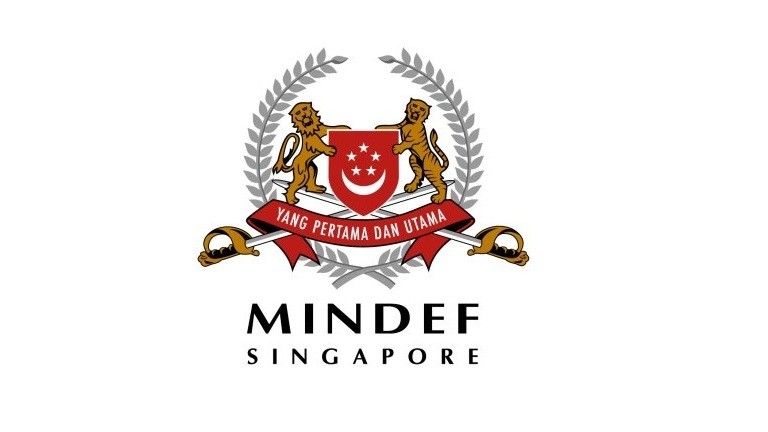By Ghui
The Ministry of Culture, Community and Youth (MCCY) has issued three broad guidelines governing the use of the late Mr Lee Kuan Yew’s image.

No one is disputing the enormous influence Mr Lee had over Singapore. His status in Singapore is seemingly unquestionable. With that firmly in place, are these laws really necessary?
The government takes every opportunity to remind us of the sacrifices that Lee has made for Singapore and SG50 was awash with almost cult like reverence for a name that has become synonymous with first world Singapore.

The fact that the MCCY saw the need to even issue these laws are at odds with the outpouring of love displayed by Singaporeans at large. Is it a case of kiasu overkill on the part of the government or is it because the government does not trust the people that it purports to serve?
Besides, does the government not believe its own hype?
On the one hand, it is declaring the immense contributions made by Lee and how Singaporeans respect him while on the other hand, it is issuing laws that give the impression that Singaporeans need to be ordered to revere their late leader? Which is it? Do Singaporeans love Lee or are they ordered to love Lee?
The above reservations aside, do the laws even serve their desired purpose?
I can only assume that the laws have been passed to protect Lee’s legacy. However, for laws to be effective, they have to be clear and unequivocal. Yet, the laws with regards to this have been worded in such general terms that it does not lend itself to easy obedience. How does one comply with laws whose ambits are murky?
For instance, the first guideline states “the name or image or likeness of Mr Lee may be used for purposes of identifying with the nation, including on works of art or publications or items for charitable purposes, in accordance with law.” Does this mean that his image may be linked to those who may have felt that they were ruthlessly suppressed by his regime? Surely that is also something that identifies with the nation?
Somehow, call it intuition or otherwise, I don’t think the authorities will tolerate these kinds of usage of his likeness. Also, what does “in accordance with law” mean? Just by reading this guideline will not tell me how and what would be not concordant with the law vis a vis Lee’s image. I can only guess that this is somehow a catchall provision to ensure self-censorship. If you are not entirely sure of what the law entails, you will be doubly careful and cautious.
Secondly, guideline 2 instructs that the name or image or likeness of Mr Lee should be accorded dignity and respect. This assumes that we all have the same definitions of dignity and respect. Some amongst us may view that to truly honour a person, we have to be objective in our homage, honouring Lee for both his glorious successes and his ruthless repressions of civil liberties. Yet, I hazard a view that these kinds of portrayals however fair, will be judged as lacking dignity by the powers be. Why not just be explicit in what they expect? Why not just say, thou shall only use Lee’s image or likeness in praise and no other way? That way, we will know exactly where we stand. Hey, it would even make prosecution more straightforward!
Lastly, the third guideline provides that the name or image or likeness of Mr Lee should not be used for commercial exploitation or be assumed or taken to indicate any kind of official endorsement of products or services. What about commemorative souvenirs? Will these be construed as exploitation? Again, I wonder if this will be dependent upon whether or not authorities deem these products as complimentary to Lee’s legacy?
Personally, I disagree with these guidelines, which have been dubbed the Lèse-majesté guidelines. Historically, these types of legislation have been used to protect monarchs or heads of states of which Lee was neither. They run contrary to the government’s assertions of the peoples’ esteem for Lee and indicate a kind of unhealthy mistrust the government has for the people who have voted for them. Last but not least, if you want to pass laws to serve an objective, these laws have to be capable of an objective standard of interpretation.
Subscribe
Login
0 Comments





